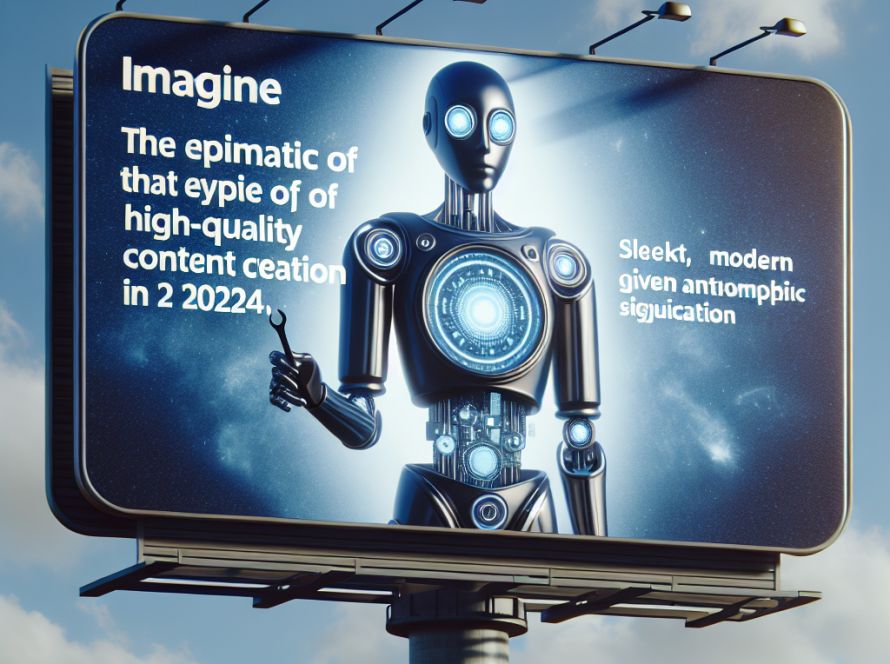Digital agents, or software designed to streamline interactions between humans and digital platforms, are becoming increasingly popular due to their potential to automate routine tasks. However, a consistent challenge with these agents is their frequent misunderstanding of user commands or inability to adapt to new or unique environments—problems that can lead to errors and inefficiency. Currently, digital agent performance is measured using static benchmarks which assess whether the agent’s actions align with predefined expectations based on human-generated scenarios. These traditional methods, however, do not always reflect the dynamic nature of real-world interactions where user instructions can significantly vary.
In response, researchers from UC Berkeley and the University of Michigan developed a new approach using autonomous domain-general evaluation models. Using advanced machine learning techniques, these models independently assess and refine the performance of digital agents, unlike traditional methods that require human oversight. The models utilise vision and language capabilities to evaluate an agent’s actions against a wide range of tasks, offering a more detailed understanding of the agent’s capabilities.
The new approach consists of two primary methods—an integrated model and a modular, two-step evaluation process. The integrated model directly assesses agent actions from user instructions and screenshots, leveraging pre-trained vision-language models. The modular approach first translates visual input into text before using language models to evaluate the textual descriptions against user instructions. This method not only promotes transparency but can also be executed at a lower computational cost, making it suitable for real-time applications.
These innovative evaluation models have proven their effectiveness through rigorous testing. For example, they have enhanced the success rate of existing digital agents by up to 29% on standard benchmarks like WebArena. Moreover, in the case of domain transfer tasks—where agents are applied to new environments without prior training—the models facilitated a 75% increase in accuracy.
In conclusion, this research addresses the ongoing issue of digital agents struggling in complex or unfamiliar environments. By deploying autonomous domain-general evaluation models, the researchers have made significant strides in improving digital agent performance. These models have brought about up to 29% improvement on standard benchmarks and a 75% boost in domain transfer tasks. This revolutionary use of adaptive AI technologies could change the game in increasing digital agent reliability and efficiency, marking a critical step towards their wider application across various digital platforms.
This significant piece of research was authored by the project researchers and is available for further inspection in the form of a Paper and GitHub post. This breakthrough is a stepping stone towards the broader application of adaptive AI technologies, revolutionising digital agent reliability and efficiency across multiple digital platforms.


